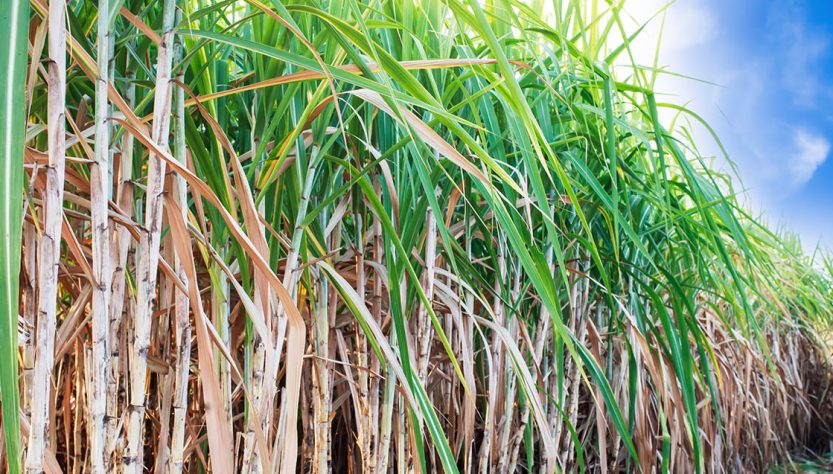Poor rainfall in Maharashtra is likely to affect sugarcane crop in the state. Maharashtra is one of the leading producers of sugar. In fact it produces almost 33% of the total sugar produced in the country.
Maharashtra also has the distinction of having sugar factories run by cooperatives. Most of these cooperatives are having politicians at the helm. A drop in production will affect the profitability of these factories.
Using their presence in the government, politicians have banned the sale of raw sugarcane produced in Maharashtra outside the state. But this is a restrictive practice.
Why should farmers not sell their produce to the mill that pays the highest price? It is not that the cooperative mills based in Maharashtra give the highest price or they come to the rescue of the farmer when there is a bumper crop or a crop failure. How can sugar mills claim exclusive right on the produce of the local farmers? It is common for businessmen to make bumper profits when people face an adversity. Even taxi operators jack up their prices when supply is less and demand is more, so why not the poor farmers?
Sugar mills in nearby Karnataka are offering better prices to the farmers but this ban may prevent them for selling their sugarcane to those mills.
Alarmed with this ban, farmer associations have warned the government that it will face protests across the state if the ban comes into play.
For the consumer, you can be assured that sugar prices will go up in the coming season. Already sugar sells at around 42 per kilogram. A 20% drop in production is likely to lead to shortage and a consequent rise in prices. The government can prevent a price hike provided it acts in time and imports sugar to compensate for the production deficit. Question is, will it? Not likely, given that imports would mean spending precious foreign exchange. As elections are looming in five states and a general election is also around the corner in 2024, the government may intervene, let us just hope that they wake up in time.


